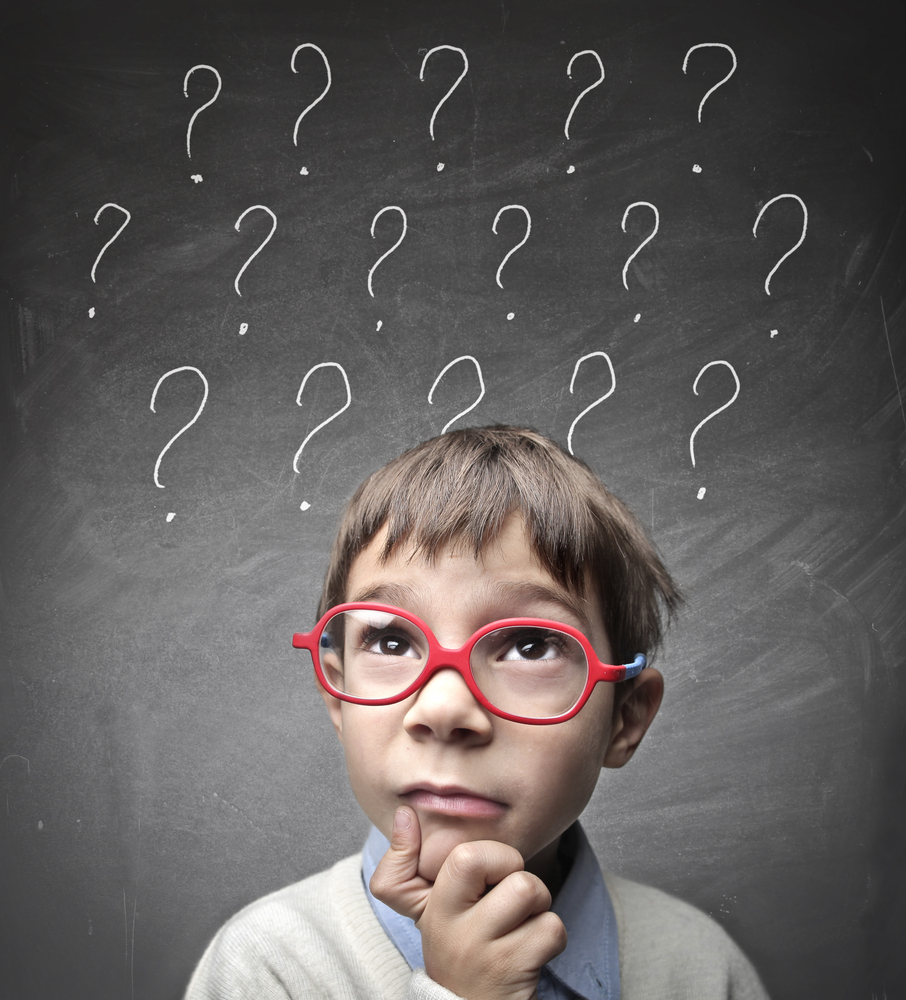Good eye health is important at any age, but the earlier any eye problems are detected in children, the better. Before your child’s first eye exam or vision screening, here are some things you should know and how to prepare for it.
How Old Should Your Child Be For an Exam?
Already at the age of six months to one year, a child’s doctor usually examines the eyes with vision screenings to detect any early signs of eye disease such as lazy eye (amblyopia) or eye turn (strabismus). These tests include checking for sight impairment (near and far), astigmatism, amblyopia, how the eye moves, how the eye is aligned, and how the eyes react to light and darkness.
For children, ages 3 to 5, these tests consist of vision screenings with pictures or letters such as “E” to distinguish one shape from the next or the direction of the letter. These tests will help with early detection to ensure that your child’s sight develops correctly.
For all children starting school, mandatory eye exams are required in some states in the US and it is recommended that school-age children have eye exams every two years. If any eye problems are detected, no matter the age of the child (even at the age of one or younger), it is recommended that an eye exam takes place and According to All About Vision’s website, 5-10% of preschoolers and 25% of school-aged children.
Signs Your Child Needs an Exam
Pay attention to your child’s movements and habits. If a child does the following, you may need to take them to a clinic for an eye exam.
- Motor movement is delayed
- Poor eye tracking skills and unable to maintain a gaze
- Continuous blinking eyes and eye rubbing
Also note if your child has a history of prematurity because it is common that children who are born premature have vision problems.
Preparing Your Child for an Exam or Screening
To prepare your child for a vision screening or eye exam, take time to talk to them about the procedure. Hospital or clinic offices will have pamphlets on hand that you are able to take home with you to help you explain the exam to your child. Explain that a doctor will be looking closely at their eyes and about the use of eye drops during the visit. For a vision screening, you can practice using similar cards at home. The more a child knows about their vision screening and eye exam, the more comfortable they will be at the doctor’s office.
The Importance of a Child’s Eye Exam
Not only is an eye exam important for a child’s health, but for many factors such as learning and body movement as well. Without early detection, poor eye sight can affect a child’s learning ability as far as being able to read up close in books and papers and far away at whiteboards during class. Poor eye sight can also affect a child’s athletic performance and every day activities if they are unable to distinguish the difference between different colors, shapes, and distance.
If a child needs a prescription for glasses or contact lenses, it’s always best to know sooner rather than later. If you think your child needs an eye exam or if they have been displaying signs of poor vision, make an appointment at your clinic today. There are many options from purchasing prescription glasses at clinics to lenses online for your child.

